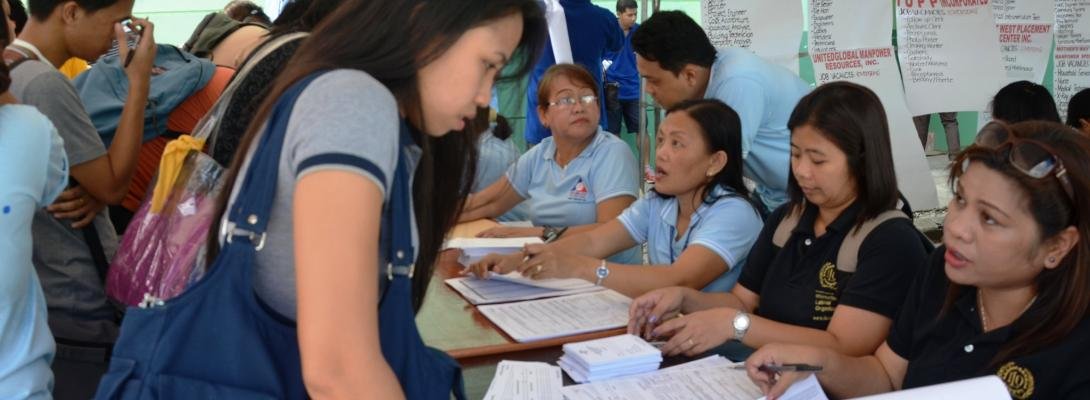In recent discussions by the Employers Confederation of the Philippines (ECOP), the convergence of artificial intelligence (AI) and the state of education in the Philippines emerged as pivotal concerns. These issues not only shape the future of workforce dynamics but also underscore the need for strategic governmental interventions.
The integration of AI technologies across industries signals a transformative shift in business operations and production models. As highlighted by ECOP, AI is set to redefine the skill sets demanded in the workforce, necessitating proactive measures in education and training programs. This transformation underscores the urgency for adaptive educational frameworks that equip the Filipino workforce with the resilience and skills needed to thrive in an AI-driven economy.
Despite the potential of AI to enhance educational outcomes, concerns persist regarding the quality and accessibility of education in the Philippines. ECOP's critique of insufficient government budget allocations highlights a critical barrier to sustaining and enhancing educational standards. The forthcoming selection of the next education secretary, emphasizing business acumen, reflects the growing recognition of the need for leadership that can navigate these complex challenges effectively.
Within ECOP, initiatives such as the development of generative AI technology for knowledge dissemination exemplify proactive steps towards leveraging AI's potential. The introduction of AI-powered chatbots promises to enhance accessibility to critical information, thereby streamlining communication and improving member engagement. Such initiatives not only enhance organizational efficiency but also serve as a model for leveraging technology to address sector-specific challenges.
In addressing economic equity, ECOP's stance on wage determination through regional wage boards underscores a balanced approach to wage increases. By delegating wage decisions to regional boards, the policy aims to stimulate investment in provincial economies while ensuring fair compensation standards. This decentralized approach reflects a strategic alignment with broader economic objectives, fostering regional development and economic resilience.
